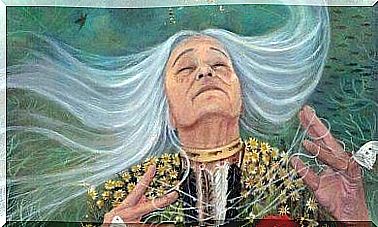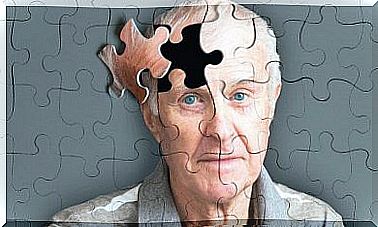Feelings Are The Motivation Of The Mind, According To Antonio Damasio
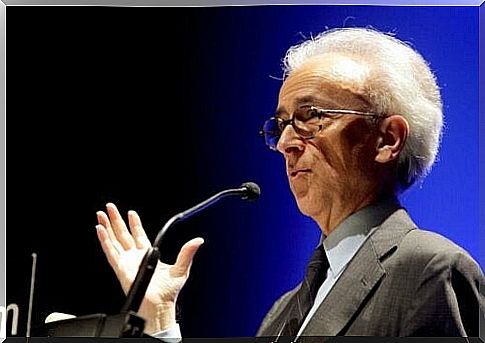
Antonio Damasio is a prestigious neuroscientist of Portuguese origin who has devoted much of his life to studying the neurological bases of the mind.In his book Descartes’ Error: The Reason for Emotions , he studied in depth the idea that feelings are the motivation of the human mind.
It is in his work The Sense of Self that Damasio has finished consolidating his thesis. His long experience and research led him to the conclusion that feelings are indeed the motivation of the mind and not knowledge or reason as such.
What does the claim that feelings motivate the mind mean? This idea refers to the fact that behavior is motivated by how we feel and not so much by what we think from our most rational part. Damasio says that everything that has been created by human civilization is the fruit of feelings.
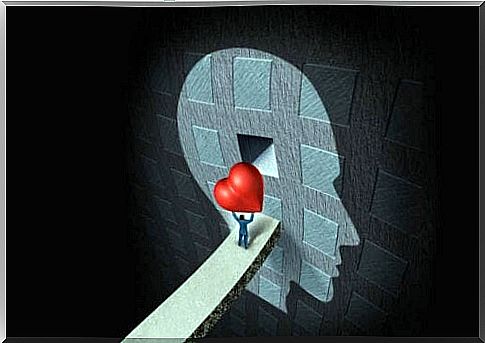
Feelings are the motivation of the mind, according to Damasio
It is easy to find a connection between feelings and certain actions, such as writing a poem. Nonetheless, Antonio Damasio says that the conquest of outer space, microscopic research and even business decisions are the result of what one or more people feel.
This neuroscientist says that the modern means that exist today to explore the brain have allowed him to corroborate his thesis. With an MRI, for example, we can get very detailed images of the whole brain and study it in depth.
Thus, today we can learn much more about the brain from these explorations, and not just through observable behavior, as was the case before. But what does this have to do with the claim that feelings are the motivation of the mind? Let’s dig deeper into this.
Mind, emotions and feelings
Antonio Damasio points out that emotions are one of the automated equipments with which we are born. They operate on their own and do not need thought to activate.
There are primary or basic emotions like fear, anger, satisfaction, sadness, etc. Other emotions are social and therefore more complex. Emotions are there at birth, but as a person moves through the world and grows, they learn to associate these emotions with certain objects or events.
For example, it is possible that she relates the object “dog” to the emotion “happiness” or the event “meeting of people” to the emotion “fear”. This connection between an object or event and an emotion is what configures feelings.
In addition, emotions can be visualized in the body. Fear causes increased heart and respiratory rates, pallor, etc. Feelings are a symbolic reality. On the other hand, the emotion creates a sequence of actions while the feeling is associated with the result of this chain.
So, seeing a dog, we can feel “happiness” and this feeling of well-being can lead us to stroke the animal. Or, upon seeing a group of people, the emotion of “fear” may be activated and we then leave the place. Emotion is what arises first ; the feeling corresponds to the decision to carry out a specific action.
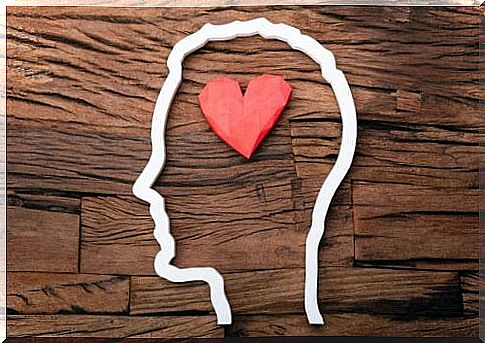
Motivation, according to Damasio
If we rely on this basic functioning, we come to emotions as well as very complex feelings. From there, Antonio Damasio came up with the idea that feelings are the motivation of the mind. From a biological point of view, feelings are those which provide “homeostatic regulation”.
This regulation refers to the state of equilibrium of an organism. Damasio says they operate as “informants”. If a person feels joy when getting up and wants to start the day, it means that their homeostatic balance is good. If, on the other hand, she is feeling low or angry, this indicates that her balance has been broken.
In one case, there will be a greater willingness to act and face challenges, even if they are complex. In the other, the exact opposite will happen. This illustrates how, in the end, feelings are the motivation of the mind.
In either case, there will be a bias towards certain types of actions. According to knowledge and experience, all this will lead to concrete developments: a day of work, the creation of a rocket, the conquest of power, etc.




